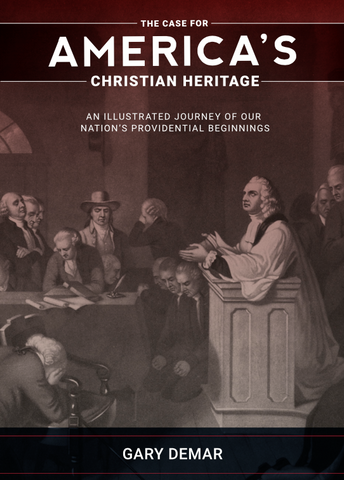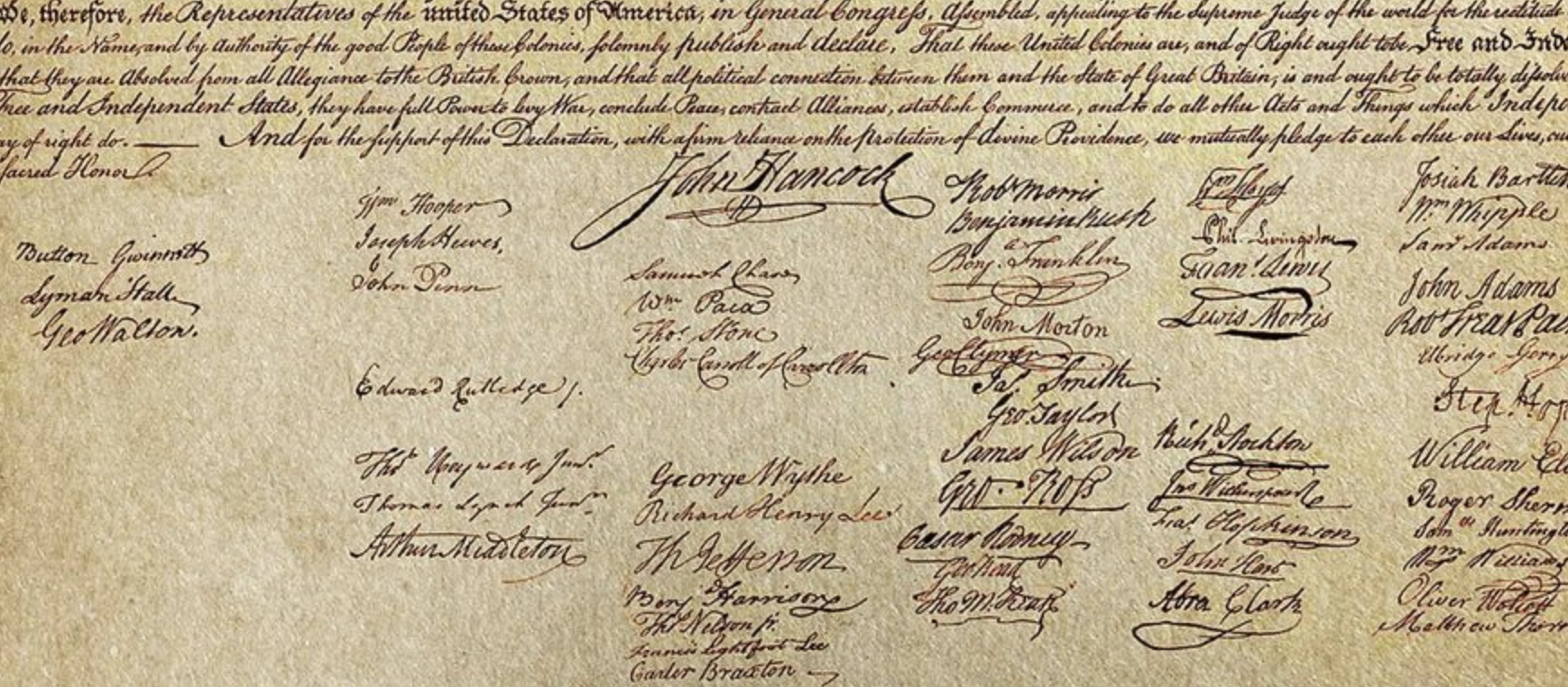Part One of Two. Gary is interviewed by Rick Welch from The Burros of Berea podcast about his book, The Case for America’s Christian Heritage.
There were many founders who were outspoken Christians who are rarely mentioned by historical revisionists. Consider, for example, John Dickinson (1732-1808) who was a lawyer, militia officer during the American Revolution, Continental Congressman from Pennsylvania and Delaware, delegate to the Constitutional Convention of 1787, President of Delaware, and President of Pennsylvania. He is obviously an important Founding Father. About the Bible, he wrote the following:
“The Holy Scriptures are able to make us wise unto Salvation, through Faith which is in Jesus Christ.” “All Scripture given by inspiration of God is profitable for Doctrine, for Reproof, for Correction, for Instruction in Righteousness that the Man of God may be perfect, thoroughly furnished unto all good Works.” The Scriptures give a full and ample testimony to all the principal Doctrines of the Christian Faith; and therefore no Divine or inward Communication at this Day, however necessary, do or can contradict that testimony.
There are others, all of whom signed the Constitution. Charles Pinckney and John Langdon were founders of the American Bible Society. James McHenry was the founder of the Baltimore Bible Society. Rufus King helped found a Bible society for Anglicans. Abraham Baldwin served as a chaplain in the War for Independence. Roger Sherman, William Samuel Johnson, and Jacob Broom wrote on theological subjects. James Wilson and William Patterson were placed on the Supreme Court by President George Washington. They had prayer over juries in the U.S. Supreme Court room. John Witherspoon was a Presbyterian minister and signed the Declaration of Independence, helped draft the Articles of Confederation, served twice in the New Jersey Legislature, and strongly supported the adoption of the United States Constitution during the New Jersey ratification debates.
Don’t these men count? Why do we hear only of Franklin, Jefferson, Madison, and Adams? Witherspoon, like so many men of his day, believed that reason and revelation were not in opposition. “Hence arises a question,” Witherspoon wrote in his Lectures on Moral Philosophy: “is it lawful, and is it safe or useful, to separate moral philosophy from religion? It will be said, it is either the same or different from revealed truth; if the same, un- necessary—if different, false and dangerous…. If the Scripture is true, the discoveries of reason cannot be contrary to it; and, therefore, it has nothing to fear from that quarter.”
Many Christians of that period agreed with Witherspoon. As we’ve already seen, even skeptics like Franklin and Jefferson operated within the moral framework of Christianity. They, like Witherspoon, believed that reason could get a person to the same place morally as revelation. None of these men saw what was on the horizon—the publication of Charles Darwin’s On the Origin of Species (1859) that turned the moral universe of Franklin, Jefferson, and Witherspoon upside down.

The Case for America's Christian Heritage
There’s much work before us to reset the foundation stones of a firm reliance on Divine Providence. We need to heed the words of Benjamin Franklin who quoted Psalm 127:1 during the drafting process of the Constitution: “except the Lord build the house they labor in vain that build it,” and “that without His concurring aid we shall succeed in this political building no better, than the Builders of Babel.” The principles that were true and necessary centuries ago for building nations are equally true and necessary today.
Buy NowGary is interviewed by Rick Welch from The Burros of Berea podcast. Rick read Gary’s book, The Case for America’s Christian Heritage, and wanted to talk about it and some of the interesting and important events and figures in American history. We can’t understand our current state until we understand where we have been as a nation.

